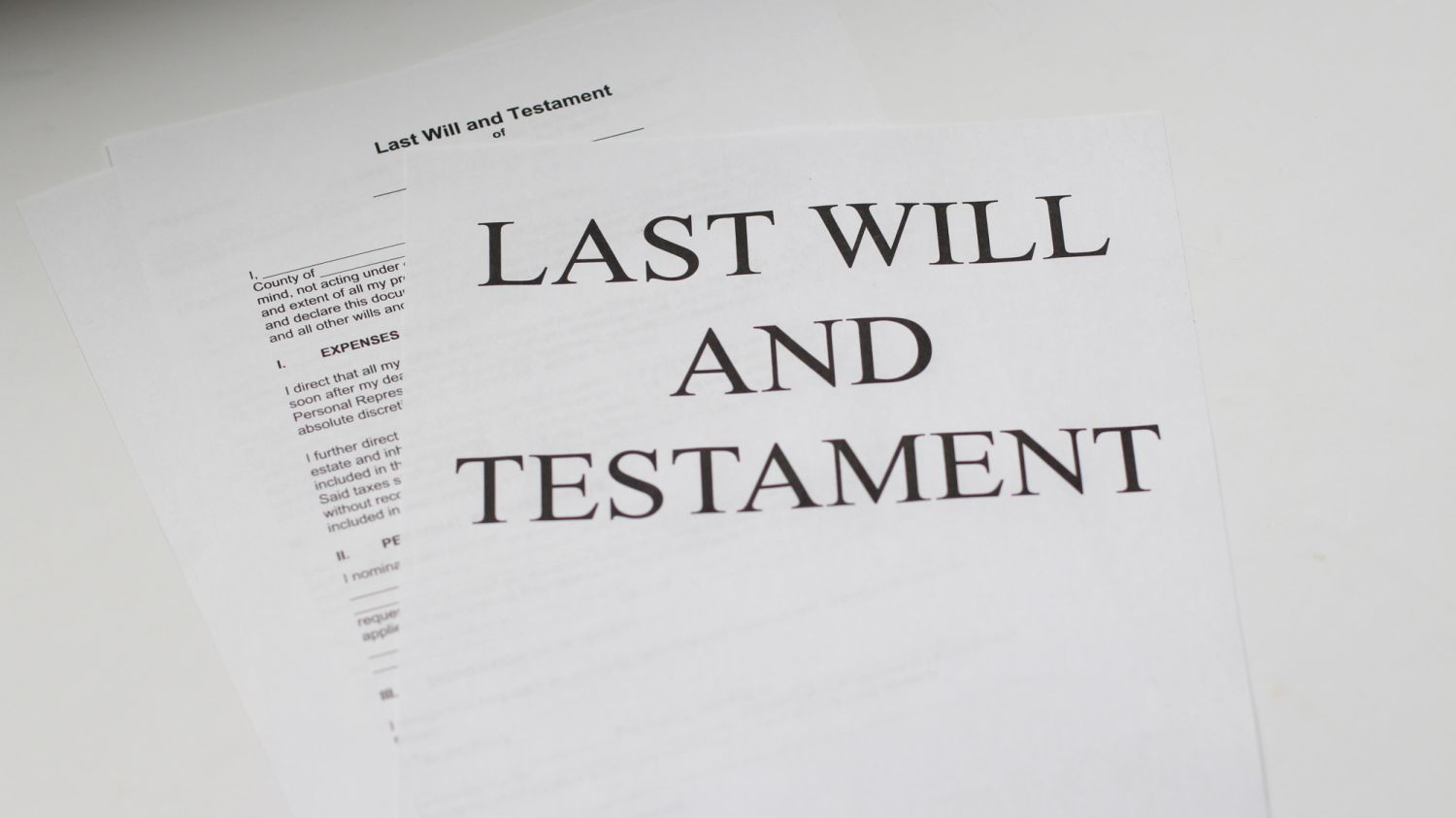In this uncertain economic climate, getting your affairs organised has never been more important
Our mortality—the one thing all of us have been acutely aware of in the past two years. While processing the unique yet blunt shock the pandemic delivers month after month, many have given more attention to financial management and estate planning to either prepare for the worst or at the very least, strengthen fiscal balance in their households. Although we dread the possibility of sickness, putting one’s financial affairs in order has become the deed and need of the times.
As early as August 2020, a Forbes article by Amy Danise already mentioned a surge in life insurance shopping amongst Americans, noting that most of their correspondents considered the pandemic a huge wake-up call to re-assess their finances. This trend was similarly observed here in the Philippines by Atty Robert Camalig, Security Bank’s lawyer for Trust and Asset Management. “A life insurance policy is just one of the many estate planning tools available to an individual,” he was quick to share. While estate planning itself is a broad concept, Camalig mentions it basically encapsulates “any activity permitted by law that allows an individual to strategise for either the preservation or distribution of his/ her assets”.

There are many options available when it comes to wealth management, the life insurance policy being one of the most popular and beginner steps. Other tools include establishing a holdings corporation, transfer through sale, prenuptial agreements, and creating a last will and testament or a personal management trust (PMT).
Contrary to common knowledge, estate planning isn’t necessarily limited only to those with families or high net-worth individuals. Camalig mentions, even young professionals or single individuals can benefit from it, particularly, the establishing of a PMT, which he was careful to differentiate from a will. A PMT, he notes, works best if and when one has “[a] diverse pool of assets, specific beneficiaries in mind and [is] eager to avoid unnecessary costs and expenses”.



